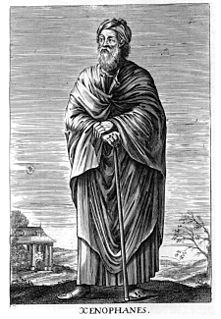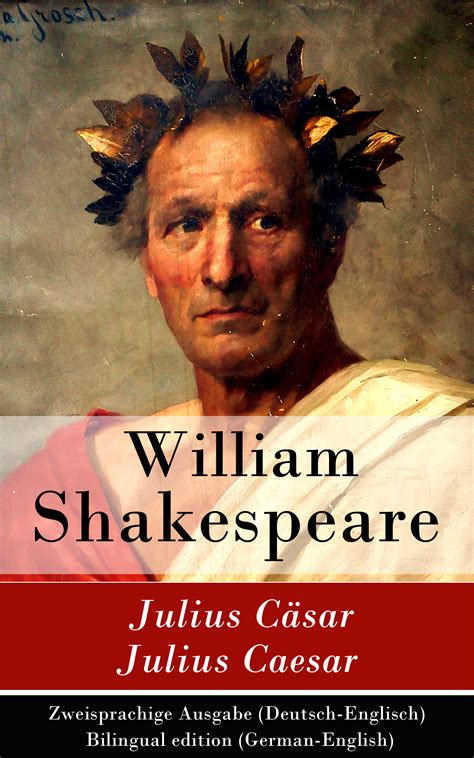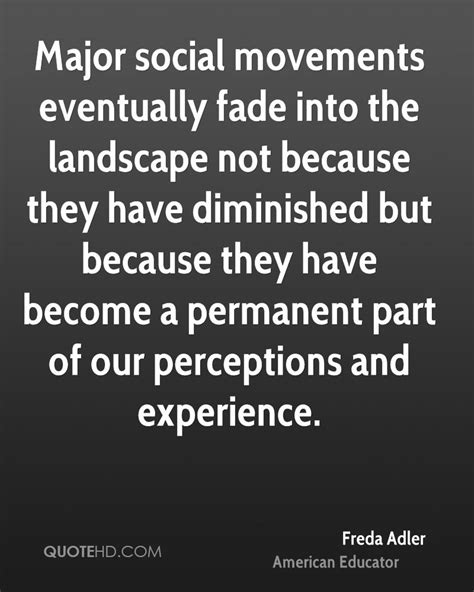A Quote by Charlton Ogburn
Circumstances are seldom right. You never have the capacities, the strength, the wisdom, the virtue you ought to have. You must always do with less than you need in a situation vastly different from what you would have chosen...
Related Quotes
In every case, we ought to act that part towards another, which we would judge to be right in him to act toward us, if we were in his circumstances and he in ours; or more generally - What we approve in others, that we ought to practise in like circumstances, what we condemn in others we ought not to do.
You must purge yourself before finding faults in others. When you see a mistake in somebody else, try to find if you are making the same mistake. This is the way to take judgment and to turn it into improvement. Do not look at others' bodies with envy or with superiority. All people are born with different constitutions. Never compare with others. Each one's capacities are a function of his or her internal strength. Know your capacities and continually improve upon them.
love is thicker than forget more thinner than recall more seldom than a wave is wet more frequent than to fail it is most mad and moonly and less it shall unbe than all the sea which only is deeper than the sea love is less always than to win less never than alive less bigger than the least begin less littler than forgive it is most sane and sunly and more it cannot die than all the sky which only is higher than the sky
Virtue is the habit of acting according to wisdom. GOTTFRIED WILHELM LEIBNIZ, "Felicity", Leibniz: Political Writings Virtue is harder to be got than knowledge of the world; and, if lost in a young man, is seldom recovered. JOHN LOCKE, Some Thoughts Concerning Education However wicked men may be, they do not dare openly to appear the enemies of virtue, and when they desire to persecute her they either pretend to believe her false or attribute crimes to her.
Measures of policy are necessarily controlled by circumstances; and, consequently, what may be wise and expedient under certain circumstances might be eminently unwise and impolitic under different circumstances. To persist in acting in the same way under circumstances essentially different would be folly and obstinacy, and not consistency.
Nature never gives to a living thing capacities not particularly meant for its benefit and use. If Nature gives to us capacities to believe that we have a Creator whom we never saw, of whom we have no direct proof, who is kind and good and tender beyond all that we know of kindness and goodness and tenderness on earth, it is because the endowment of capacities to conceive a Being must be for our benefit and use; it would not be for our benefit and use if it were a lie.
Without freedom of thought, there can be no such thing as wisdom; and no such thing as public liberty without freedom of speech; which is the right of every man as far as by it he does not hurt or control the right of another; and this is the only check it ought to suffer and the only bounds it ought to know.... Whoever would overthrow the liberty of a nation must begin by subduing the freedom of speech, a thing terrible to traitors.

































